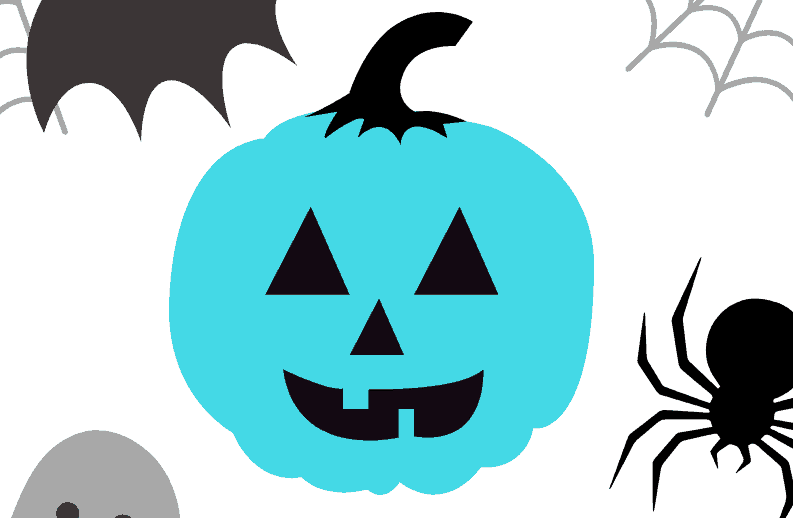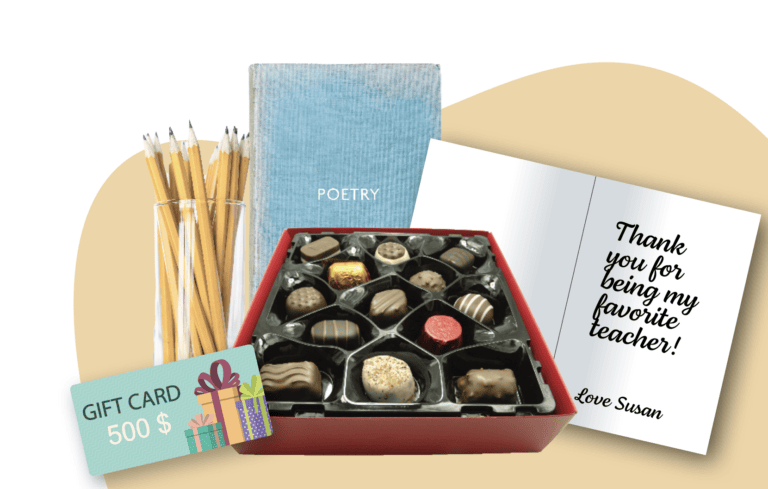The Teal Pumpkin Project
Halloween should always stay on the fun side of scary for kids. But for the 1 in 13 kids with food allergies, trick-or-treating could turn fun into life-or-death scary.
Children with food allergies are at risk of accidental exposure to the candy handed out. Most of the candy available for Halloween is not labeled for individual sale, which means parents are unable to check the food allergen content of the candy.
So, what can we do to make Halloween more inclusive for all kids?
Join the Teal Pumpkin Project!
FARE, Food Allergy Research & Education, started the project nine years ago. “Placing a teal pumpkin on your doorstep signals that, in addition to candy, you offer non-food trinkets and treats that are safe for all trick-or-treaters,” says the Teal Pumpkin Project website, tealpumpkinproject.org. In addition to food allergies, the Teal Pumpkin project benefits kids with other conditions, such as diabetes, that limit them from candy treats.
All you need to do is get some safe treats, put a teal pumpkin outside to signify you’re participating (you can find a free printable sign at tealpumpkinproject.org if you don’t have time to paint or find a teal pumpkin), and optionally, register your house on an interactive map at the project website so parents know they can find safe treats at your home.
A few ideas for making trick-or-treating more inclusive include having allergen-free candy — Skittles, Swedish Fish, Starburst, and Sour Patch Kids. Ideas for non-food treats are pencils, stickers, erasers, and necklaces.
It is also important to separate candy that contains food allergens, such as milk, egg, nuts, or wheat, from the Teal Pumpkin treats. Otherwise, a child runs the risk of eating candy that has been cross-contaminated with food allergens.
If your child has a food allergy or food sensitivity, be sure to sort through the candy your child collects before allowing them to eat any of it. Parents may need to look up the ingredients on the manufacturer’s website since the individual candy is not typically labeled.
It’s also a good idea to carry your child’s Epinephrine autoinjector with you at all times. Since most parents do not carry a purse or backpack with them while trick or treating the Epinephrine device may end up being left at home.
Finally, have your child wash their hands when they return home (good advice for ALL kids after trick-or-treating). For kids with a food allergy, it’s in case they have handled candy that contains something they are allergic to. Contact reactions to a food allergen may not be as dangerous as systemic allergic reactions from eating, but they can still be scary.
If you want to participate but don’t have a lot of time or funds, some of the major online retailers, such as Amazon, have kits that include a teal pumpkin container, the goodies to put in it, and a sign to put outside to let people know your house will accommodate kids with food allergies.
Let’s make trick-or-treating the fun kind of scary for all kids this year!







